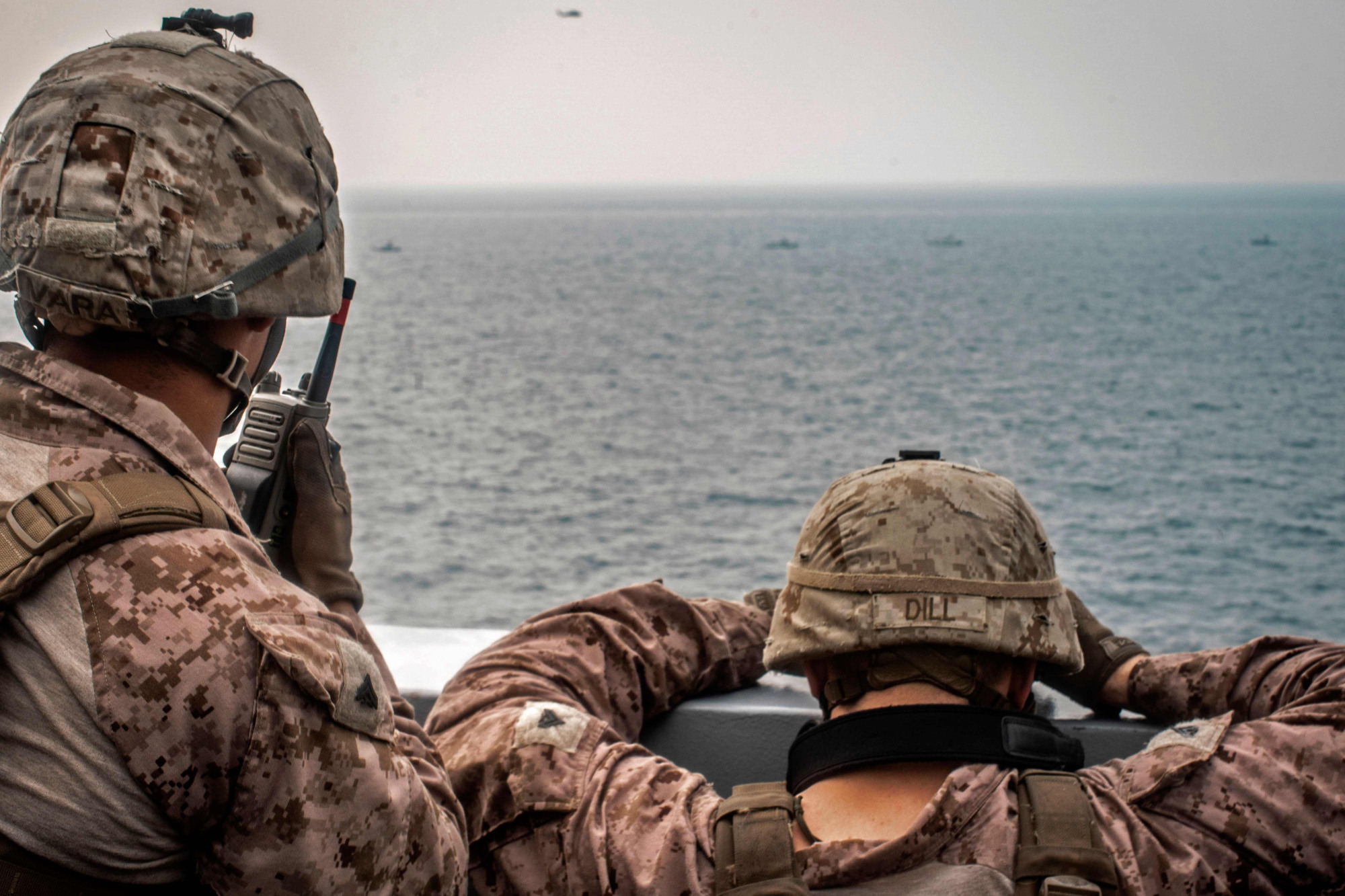In mid-July, as tensions between the United States and Iran continued to simmer, the possibility of Japanese participation in a U.S.-led maritime coalition to ensure freedom of navigation in the Strait of Hormuz became a hot topic of debate in Tokyo, even before the Japanese government publicly confirmed that the U.S. had asked for its assistance. When U.S. Defense Secretary Mark Esper visited Tokyo earlier in August, he requested Japan's participation in such a maritime coalition. Defense Minister Takeshi Iwaya informed Esper that Japan would make a decision after considering various factors, including Japan's need to ensure its energy security, maintain its positive ties with Iran and be a good ally to the U.S.
Japan-Iran relations have been generally positive in the past, driven in large part by Japan's energy needs. Even though Japan was not a signatory to the Joint Comprehensive Plan of Action (JCPOA) signed in July 2015, it was eager to take full advantage of the new opportunities this agreement represented. As early as October 2015, then-Foreign Minister Fumio Kishida was in Tehran to discuss a bilateral investment treaty and how Japan could help Iran implement the JCPOA by establishing an Iranian "nuclear safety center."
Unfortunately for Japan, Iran is not an easy country to have an independent foreign policy toward, as last summer's events demonstrated — when U.S. President Donald Trump demanded all U.S. allies cut Iranian oil imports to "zero." Though Japanese businesses are eager to restore access to Iranian oil, for now they are going along with Trump's diktat in order to avoid U.S. sanctions, as waivers for Japan to import Iranian oil expired in early May of this year. Given what a high-profile issue this is for the U.S., any Japanese foreign policy choice regarding Iran or the Strait of Hormuz will be closely scrutinized and criticized — either by Trump administration officials if Japan does not bow to U.S. pressure, or by the domestic public if Japan does. With Bahrain and Australia becoming just the second and third countries after the United Kingdom to join a U.S.-led coalition, the coalition is still in its infancy. How much pressure Japan feels to join will be a function not only of direct U.S. pressure but also of how many other countries agree to join.



















With your current subscription plan you can comment on stories. However, before writing your first comment, please create a display name in the Profile section of your subscriber account page.